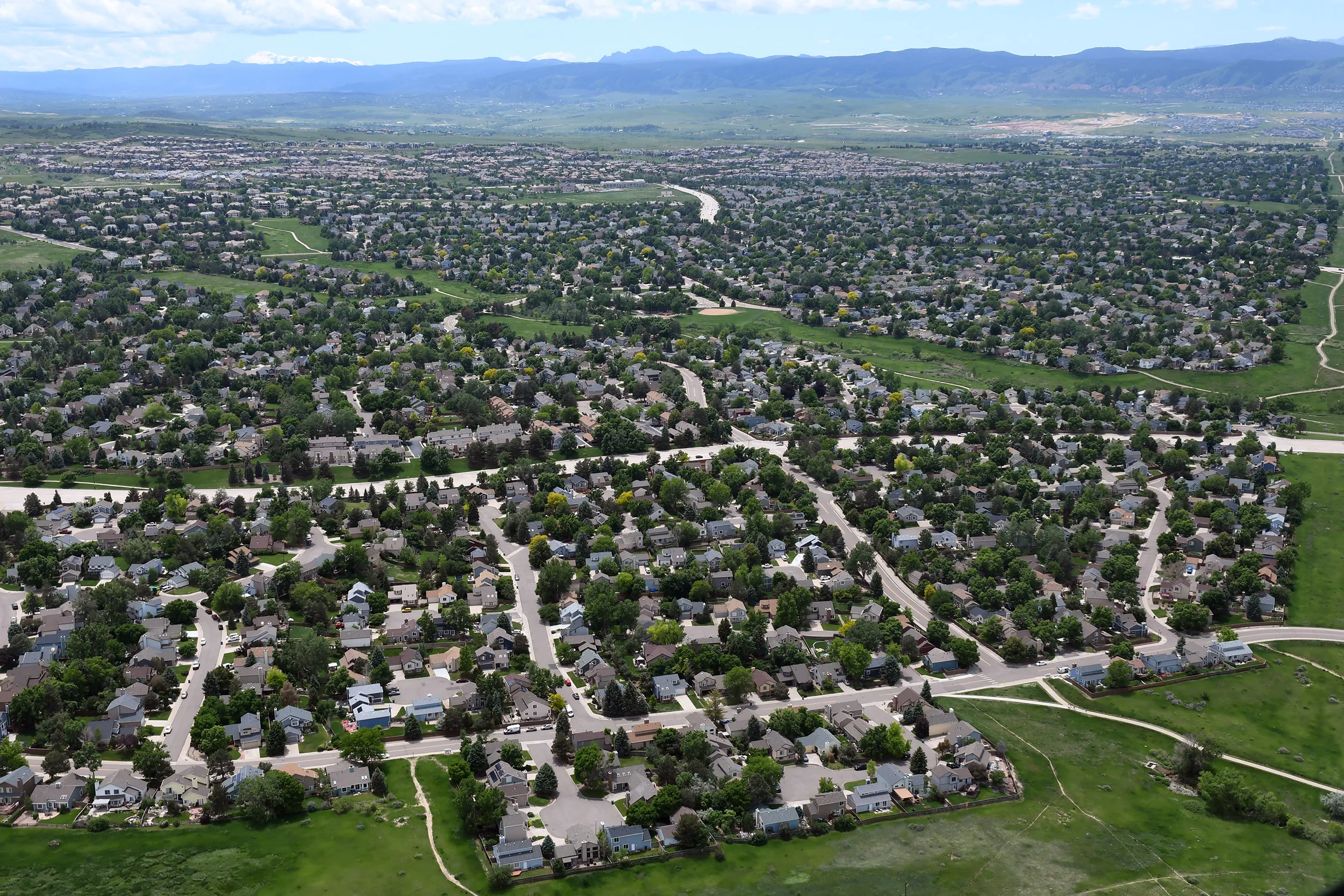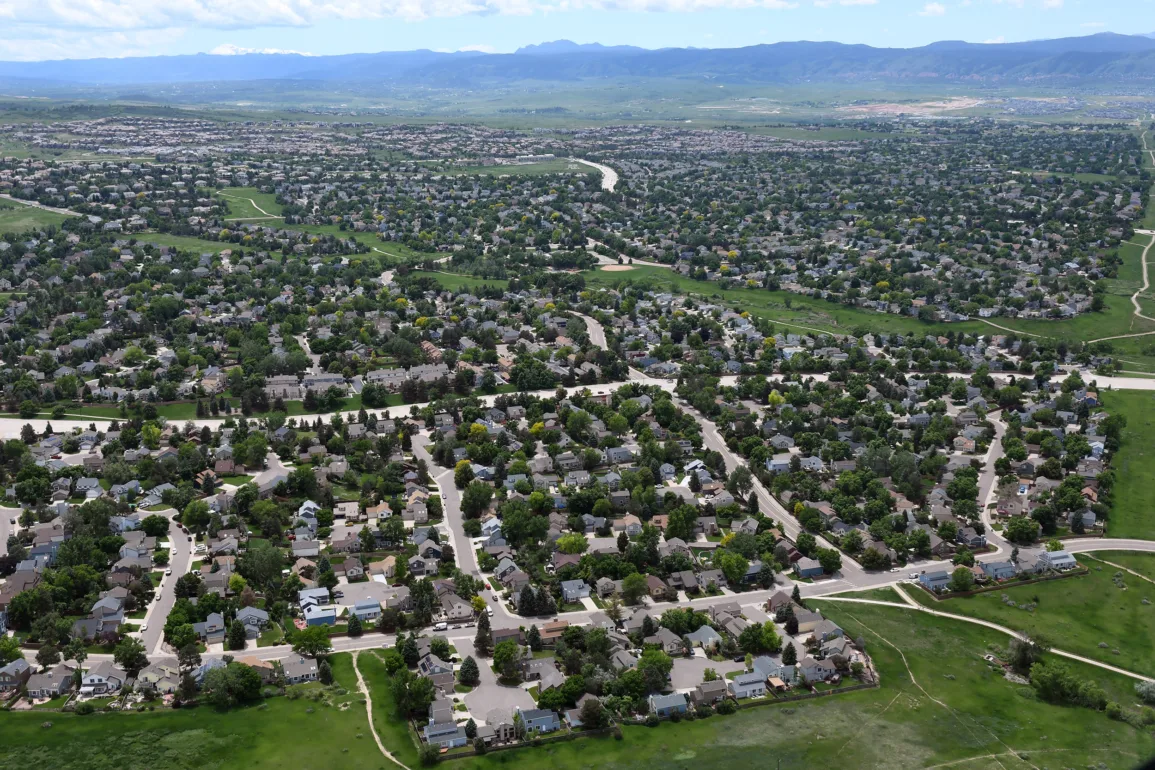
Cost of living and housing affordability are the top concerns of Coloradans this year, according to a poll released by the Colorado Health Foundation.
In an open-ended question asking participants what they thought the most important issue facing Colorado is right now, 16% answered cost of living and 15% answered housing affordability. Other issues in the top five were government and politics, public safety and crime, and homelessness.
About 10% of respondents said that homelessness was their top concern for Colorado, with 79% calling the problem “extremely serious” or “very serious.” The results from the 4th annual survey arrived as Denver’s new mayor, Mike Johnston, declared a state of emergency around homelessness, during his first full day in office.
Polling is conducted over one month through phone, email and text invitations, in English and Spanish. This year’s data includes 2,639 respondents across all ages, races and income brackets, with oversamples of Black/African American, Native American/Indigenous, Asian American and Pueblo County residents.
One of the cornerstones of CHF is to serve folks with historically less power or privilege, according to Austin Montoya, senior officer for policy advocacy communications, which is why the foundation takes larger samples of specific populations. Montoya said that by sampling larger numbers of smaller populations, they are able to more accurately reflect the experiences of those populations. The data is later weighted to reflect Colorado’s population.
Since the poll’s inception in 2020, the biggest drop in respondents’ top concern was, unsurprisingly, COVID-19, which was top of mind for 26% of Coloradans in 2020, compared with 0% in 2023.
The second- and third-largest decreases in concern were political division, down 6 percentage points, and jobs and the economy, down 5. In the past year, Colorado’s job openings and unemployment reached something near equilibrium, so it tracks that anxiety over jobs has fallen since the 2020 polling, when uncertainty was rampant.
Homelessness had the largest increase as a top concern since last year, up 3 percentage points, while crime had the largest increase as a top concern over the past four years, up 8 percentage points. Both issues were a major focus for Denver’s mayoral election this year.
While most concerns associated with costs — such as rising costs of living, cost of housing and jobs — tended to decline in importance as income levels rose, the percentage of respondents most concerned by homelessness was consistent across income levels. The difference between the lowest and highest income earners concerned with homelessness was only 3 percentage points.
Having a home is one major concern; staying in it is another. At the time of polling, renters were significantly more worried about not being able to make rent payments than homeowners were worried about their mortgages — at a rate of 49% compared with 19% of respondents. However, that number may flip as property owners come to terms with their new, exponentially high valuations, which were issued after the Pulse poll was conducted.
Respondents who identified as Native American/Indigenous showed the most concern over losing their homes, with 49% answering that they were worried in this year’s poll, while the Black/African American respondents had the largest increase in those worried, up 16 percentage points, to 47% from 31% last year.
Almost every household with an income below $150,000 was worried about their children being able to afford a home in Colorado.
Montoya wants the information gleaned from these polls to help inform policymakers’ priorities. He said the foundation’s primary audience is local lawmakers and legislators.
When presented with a number of policy solutions, respondents thought that the most effective ways to mitigate housing cost challenges are to reduce property taxes for homeowners with low or fixed incomes, and to ensure that landlords cannot raise rents on tenants too quickly.
The biggest divisions around effective policy solutions were between Republicans and Democrats in the state, with Independents falling squarely between the parties for every proposed solution. The largest differences between what the parties viewed as effective solutions were requiring developers to build low-income housing — 86% of Democrats thought this would be an effective solution, while only 49% of Republicans agreed — and increasing government investments in programs that prevent people from becoming homeless — 87% of Democrats believed in its effectiveness, while 46% of Republicans agreed.
The takeaway from this year’s data, Montoya said, was that it hasn’t changed much since last year. Montoya believes that Coloradans’ major concerns “skyrocketed” around COVID, and have continued to stay high ever since.
“The majority of these worries have increased since 2020, but there hasn’t been much of a decline in any of them. There is really just a plateau,” he said. “And a majority of folks are feeling concerned.”


